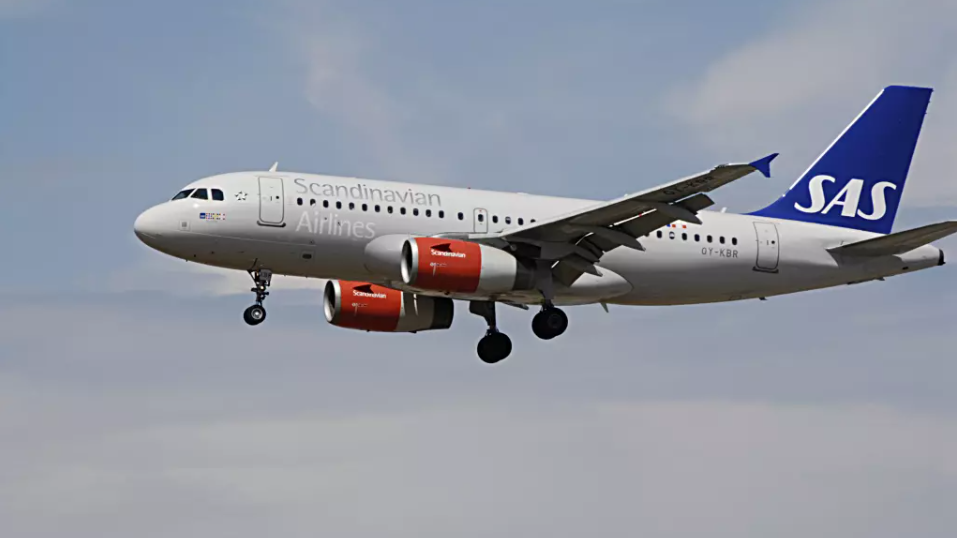President Biden's first aviation-related orders mainly concern COVID
In far too many countries government responses to the COVID pandemic, and to the way it has impacted the air transport sector, have been woefully inadequate.
In the U.S., which is still reeling from a brutal Presidential election campaign and post-election events, there was little indication before that election of how either of the candidates would help the sector to progress if they became President.
That still appears to be the case. Of the myriad Executive Orders that have been issued by the Biden administration during its first week in office, only two are aviation-related, and in both cases they understandably specifically concern COVID-19.
However, out of those two orders has arisen an embryonic Senate Bill which would create a Joint Task Force to support the industry through to the end of the crisis and, crucially, beyond.
This could offer a useful model for others to review - and perhaps follow.
TO READ ON, VISIT: President Biden's first aviation-related orders mainly concern COVID

Europe's aircraft fleet in service falls as capacity slides
Europe's active passenger jet numbers are falling again after a brief upturn in Dec-2020. Moreover, at 56% of its fleet, Europe is below the world average of 65% in service at 26-Jan-2021.
According to the CAPA Fleet Database, Europe's 3,520 passenger jets in service are 39% down year-on-year. Although three times the active fleet in the first lockdown at the end of Apr-2020, this is 14% down from the Aug-2020 recovery peak.
Europe's airline seat capacity is also underperforming the rest of the world. It is at only 25% of 2019 levels in the week of 25-Jan-2021, the lowest since Jun-2020. Seat capacity is down by more than active aircraft numbers, indicating depressed fleet utilisation.
Europe's LCCs have had a higher percentage of passenger jets in service than its legacy airlines since Jun-2020, but they cut this more heavily in the initial lockdown. Adjusting capacity to demand, often very rapidly, is much more embedded in the LCC mindset.
As national lockdowns continue and travel restrictions tighten, expect further near term cuts in Europe. Expect LCCs to lead the way when demand picks up.
TO READ ON, VISIT: Europe's aircraft fleet in service falls as capacity slides
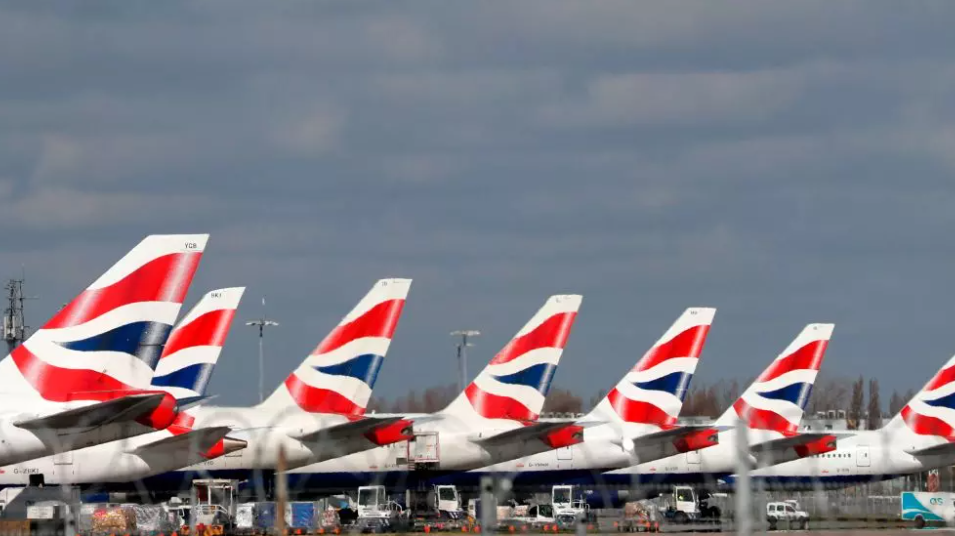
Asia-Pacific start-ups push ahead with launch plans, despite COVID-19
The COVID-19 pandemic has sent many airlines spinning into financial ruin, and some will not survive the industry's largest crisis.
However, there are still a handful of Asia-Pacific start-up airlines that are defying the bleak environment and persevering with plans to launch operations.
In Hong Kong, Vietnam, South Korea and Pakistan, new airlines are pushing ahead with their market entrances. In most cases the pandemic has delayed their plans, either due to disruptions to their own preparations, slower regulatory approvals, or changes to aircraft delivery schedules.
There is no doubt they are entering service during extremely challenging market conditions. However, they do have some advantages.
Aircraft are much cheaper to obtain now, and the airlines can start at a scale that suits the depressed demand - which is a luxury the incumbents do not have, with their fleets that were designed to suit the pre-pandemic world. Competition will also be less fierce for the immediate future, giving the start-ups some breathing room to establish a foothold.
TO READ ON, VISIT: Asia-Pacific start-ups push ahead with launch plans, despite COVID-19
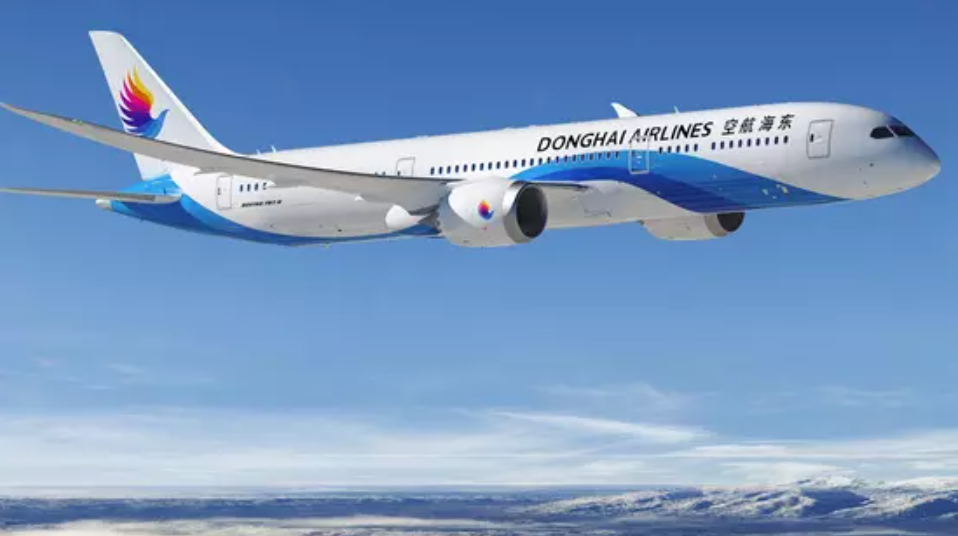
Europe LCC fleets: Norwegian & easyJet shrink, Wizz Air & Ryanair grow
Norwegian Group's latest restructuring includes removing all the widebodies from its fleet and almost halving its narrowbody fleet to 53 aircraft for summer 2021 (including three spare aircraft). This compares with a total fleet of more than 160 as recently as summer 2019, and 131 at the end of 2020.
For summer 2022, Norwegian aims to operate 68 narrowbodies, with a further two as spares. Of these, 40 will be based in Norway and 28 in other parts of Europe.
Norwegian was overtaken by Wizz Air Group in late 2020 as the third largest independent LCC fleet in Europe. EasyJet Group plans to cut its fleet by 11% in 2021, although its position as Europe's number two LCC remains secure.
Wizz Air is the only one among the four whose fleet expansion has continued through the crisis. It also has the clearest growth plan among the four independent LCC groups in 2021 and 2022.
However, regulatory approval for the Boeing 737 MAX to return to service should also allow Europe's number one LCC, Ryanair, to resume a growth path.
TO READ ON, VISIT: Europe LCC fleets: Norwegian & easyJet shrink, Wizz Air & Ryanair grow
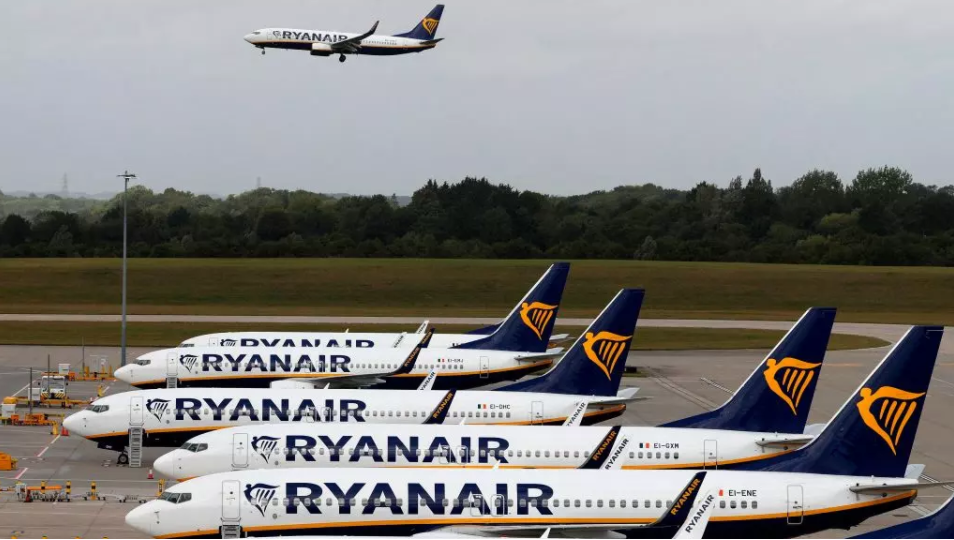
US airlines brace for tough times before an inflection in 2H2021
There is a general consensus/hope among the US' three large global network airlines - American, Delta and United - that continued vaccine distribution and administration is a key catalyst for demand to start approaching historical levels.
But understandably there are nuances among those airlines regarding when a genuine and sustained uptick in demand will occur.
Delta has the most optimistic view, declaring that it could possibly return to profitability in the summer of 2021. American has not outlined a specific time period for a significant return in demand, while United believes the recovery will take the form of an S curve, and believes some improvement could emerge in 2H2021.
For now, the status quo of stalled demand remains as those operators brace for tough conditions throughout early 2021, and it is still in the future to determine whether dynamics will in fact improve in the back half of the year.
TO READ ON, VISIT: US airlines brace for tough times before an inflection in 2H2021
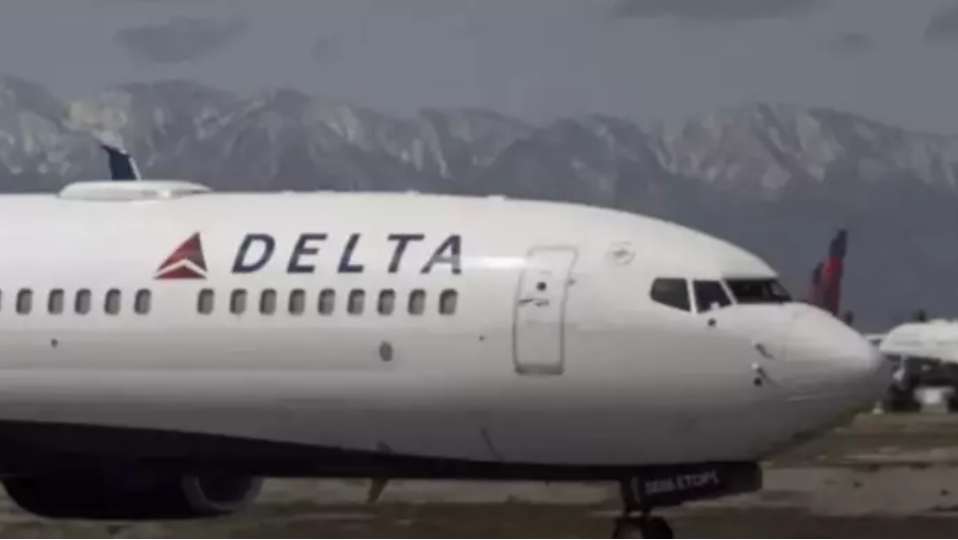
Vietjet reports USD12 million profit in Q4; ancillaries earned 50%
Vietjet Aviation Joint Stock Company, parent of Vietnamese LCC Vietjet, has become one of a tiny number of airlines to have made a profit for the full year 2020.
Vietjet reported a USD11.9 million after tax profit for the fourth quarter of 2020, and a net return of USD3 million for the full year.
According to the airline, ancillaries accounted for nearly 50% of total revenue.
Vietjet has also carried 60,000 tons of cargo for the year.
TO READ ON, VISIT: Vietjet reports USD12 million profit in Q4; ancillaries earned 50%
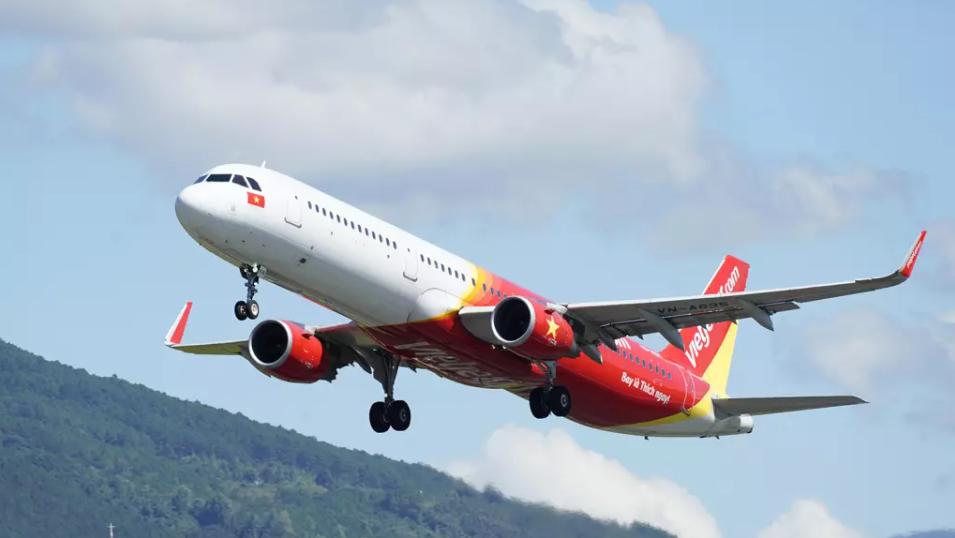
CAPA Live: Hawaiian Air swiftly builds up a robust testing network
Hawaiian Airlines has had a unique experience during the COVID-19 pandemic as state quarantines have rendered the airline essentially dormant for nearly six months.
But despite those challenges, the company was able to build up a robust testing system once Hawaii decided that COVID-19 testing was an acceptable alternative to quarantining.
Obviously, Hawaiian welcomed the change in Hawaii's travel regulations; but the airline continues to navigate a patchwork of differing restrictions in its interisland network.
Despite the obstacles Hawaiian has faced during the COVID-19 restrictions, the airline holds a positive view for the long term that vaccines will be a catalyst for the rebuilding of demand to historical levels. But in the short term, the airline is bracing for continued choppiness until some level of certainty around vaccines and testing crystallises.
TO READ ON, VISIT: CAPA Live: Hawaiian Air swiftly builds up a robust testing network
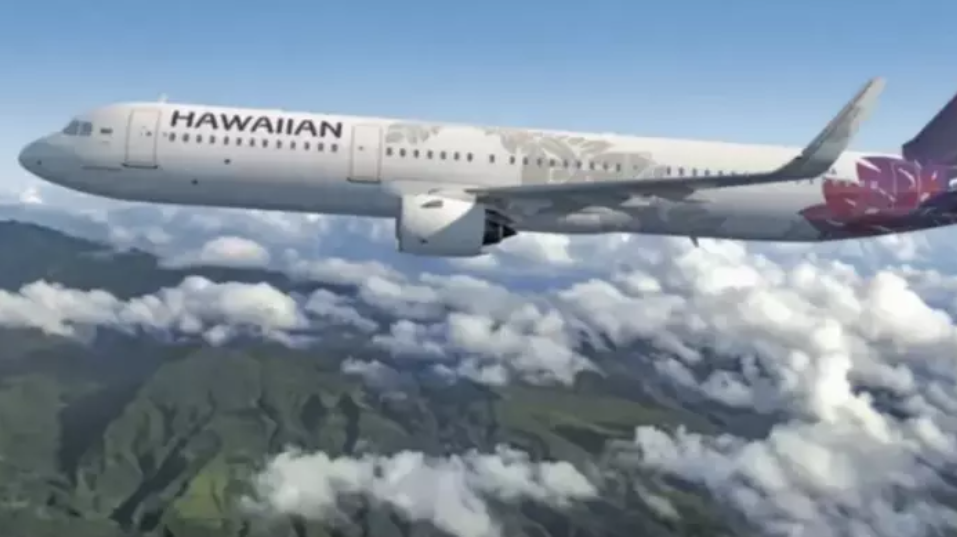
Australia: Coffs Harbour Airport lease a win-win?
Sporadically, there are still airport transactions. Under a recent one in Australia the small Coffs Harbour Airport between Sydney and Brisbane was leased to an Australian investment fund under an extendable 50-year deal.
No one can imagine what the air transport business will look like in 50 years, let alone the 99 years that this transaction could eventually run to. Local councils, often taking a negative attitude to private sector involvement in their airports, can stop them, but this one just got through despite the current situation.
In the long run that could be a good thing for both parties, as this investor/operator has learned from its similar existing deal with an airport just up the coast.
TO READ ON, VISIT: Australia: Coffs Harbour Airport lease a win-win?
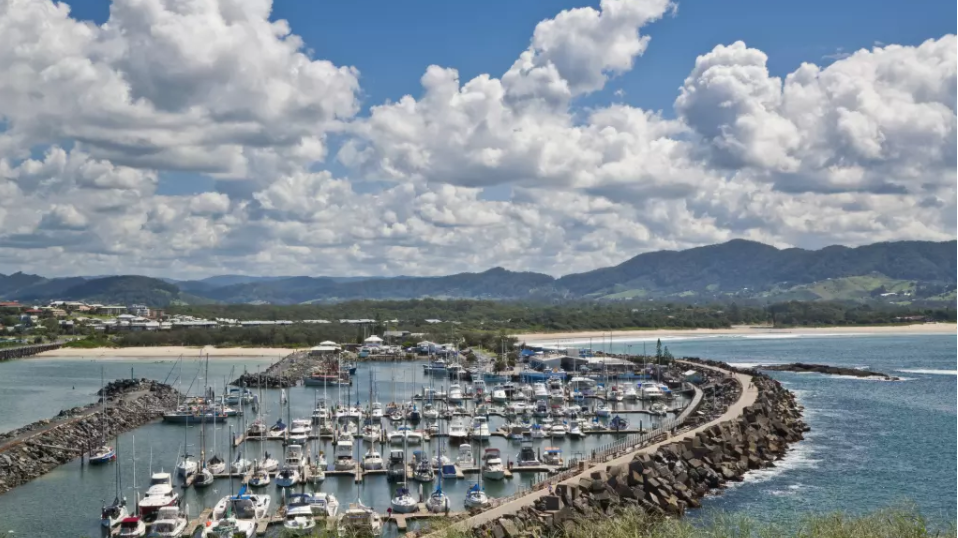
TAV Airports attracted to New Silk Road investment opportunities
Turkey's TAV Airports is a globally known operator of airports but works mainly within a narrow band of East Europe and West/Central Asia, apart from the six (of 13 in total) airports within Turkey itself that it is associated with.
For some time it has continued to focus on the Balkans, and Central Asia in particular, and it is becoming increasingly evident that its desire is to benefit from the Chinese 'Belt and Road' initiative, a.k.a. the New Silk Road, which will encompass these regions.
TO READ ON, VISIT: TAV Airports attracted to New Silk Road investment opportunities

CAPA Live Transcript: CityJet well positioned for the demand spike
Before COVID-19 CityJet had wet lease agreements with five airlines, but four of those evaporated, leaving just SAS, with whom CityJet had a mutual dependency as they were responsible for an enormous proportion of SAS' regional network.
The airline went through a process in Ireland called Examinership, unique in the EU, which is like chapter 11 except in the US chapter 11 is more creditor-driven; examinership is more possession-driven.
The airline wants to continue with the wet lease model, but could also consider a franchise or quasi-franchise model.
CityJet is looking to obtain a UK AOC to protect against some potential restrictive rules that may be coming in.
Talking at the CAPA Live on 13-Jan-2021, CityJet's CEO and Executive Chairman Patrick Byrne spoke with CAPA's Chairman Emeritus Peter Harbison. Some of the key highlights can be found below.
TO READ ON, VISIT: CAPA Live Transcript: CityJet well positioned for the demand spike
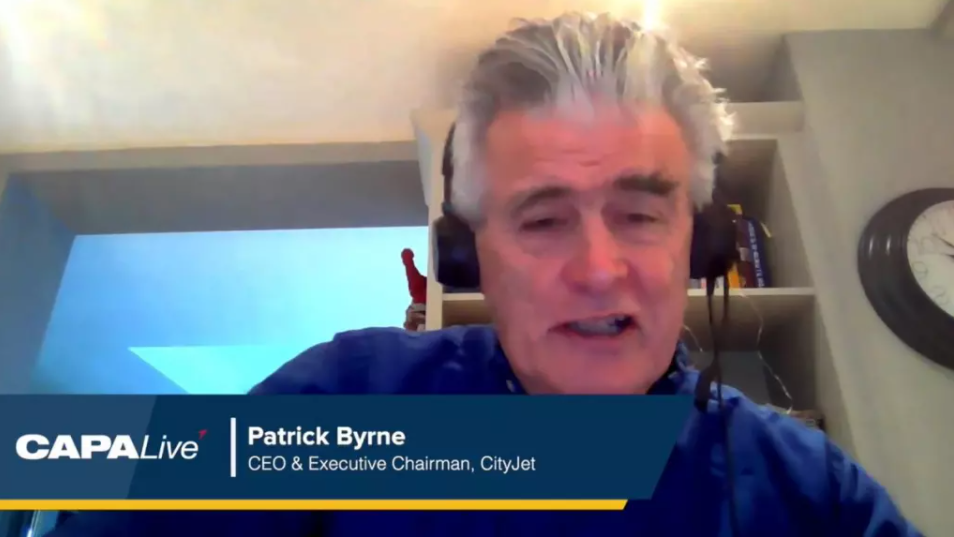
SPECIAL REPORTS: Aviation Sustainability and the Environment
This regular weekly CAPA report features a summary of recent aviation sustainability and environment news, selected from the 300+ news alerts published daily by CAPA. This week's issue includes: SAS decreases CO2 emissions by 57% in 2020 due to reduced traffic; Air France-KLM Group launches corporate sustainable aviation fuel programme; New Zealand Government agrees in principle to mandate lower emitting biofuel blend; BP and Qantas form strategic partnership to advance net zero emissions; Qatar Airways Cargo launches 'Chapter 2' of WeQare sustainability programme.
TO READ ON, VISIT: SPECIAL REPORTS: Aviation Sustainability and the Environment
